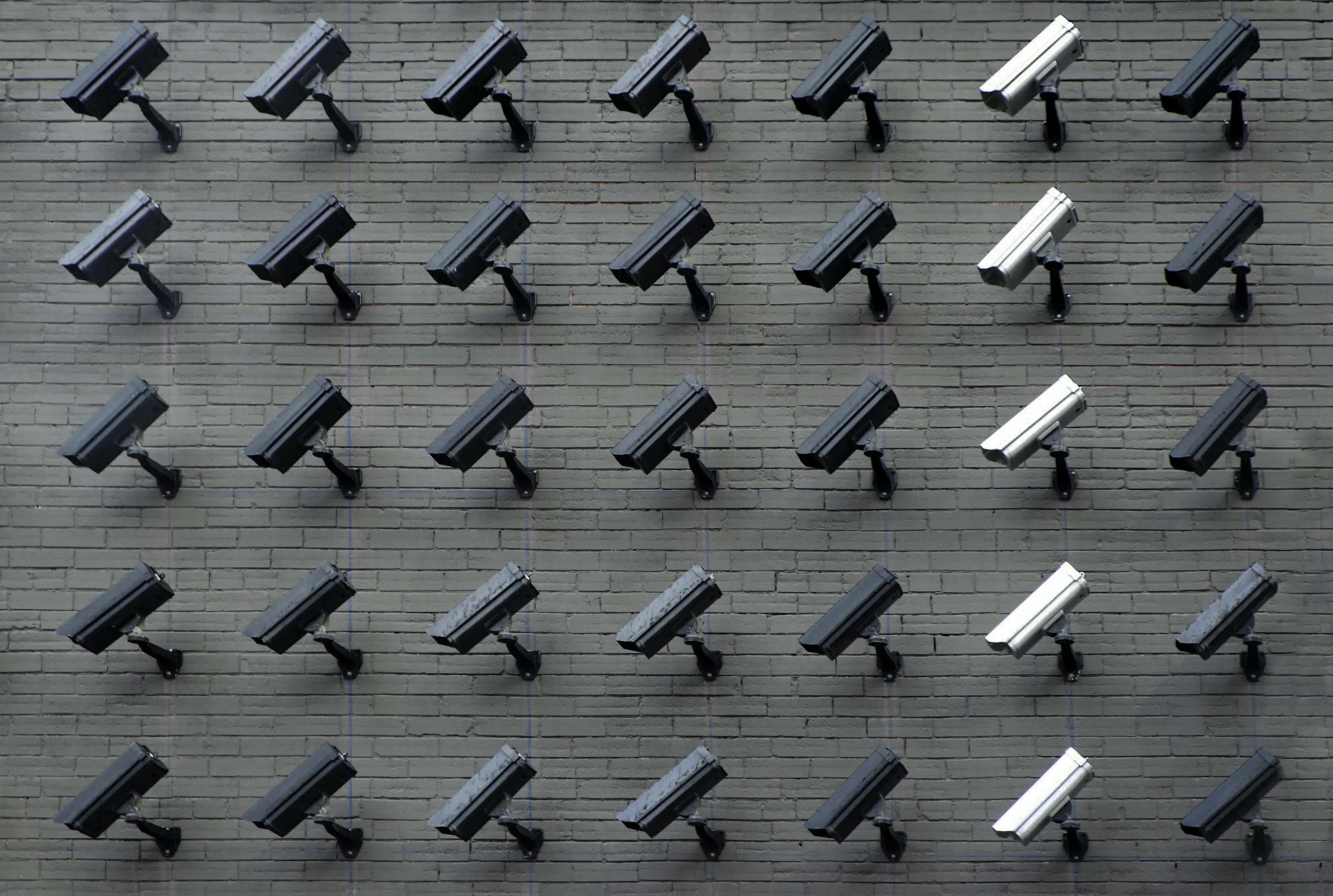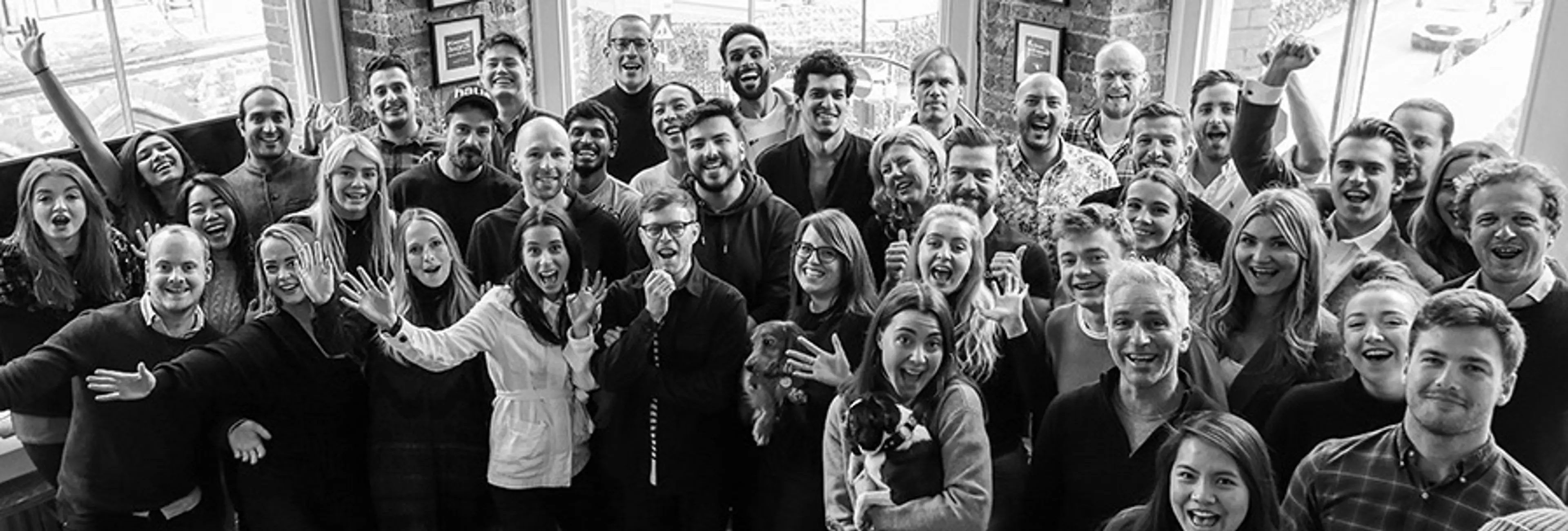
Design
1 Feb 2021
5 Min Read
Why Designing for Trust is More Important than Ever
The extraordinary events at the start of the year involving Trump, the Capitol, social networking giants and messaging apps, pushed concerns about data privacy to the forefront of the public consciousness.
Design



